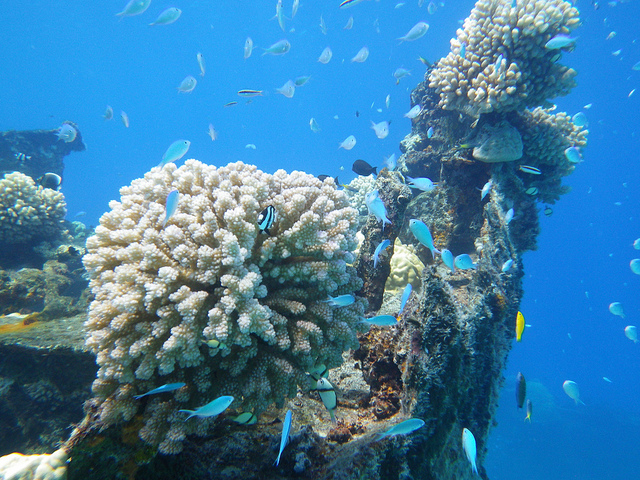Fifth Sunday of Easter
Sr. Janet Hockman, MM
April 24, 2016 12:00 am
Acts 14:21-27; Psalms 145:8-9, 10-11, 12-13; Revelation 21:1-5; John 13:31-33, 34-35
The readings for this fifth Sunday of Easter are full of newness. For Paul, new travels, new communities, new disciples, new leaders, new encouragement, new news to take from one community of believers to another, proclaiming again all that God had done. For those who share the word of God, we know that there is potential for newness in every proclamation if we hear again, and see the words alive, or absent, in the world around and within us. John “saw a new heaven and a new earth.” The newness in John’s revelation is clothed in goodness, in hope, in the end of sadness and suffering. Don’t we all long for the same? Jesus bidding to love one another is clear; our vigilance is to keep us ever newly aware of how, and who and what we love.
When I was being trained as a primary teacher, Sister Faith, my mentor, suggested that every day I put up something new in the classroom as a way of encouraging the students to be curious and observant and amazed with discoveries. During my years in the Marshall Islands I frequently flew in small planes to outer islands for ministry. I remember so well the first time I noticed the formation of a new island under the clear pacific waters between Majuro and Arno. Life still emerging! Amazing that it was growing, that live corals were continually depositing calcium, heaping upward, sun sustained, creating. How long would it be before that small mass would break the surface of the water? Currents would yield to it in time and new navigational patterns would happen. The new invites change. I thought about it not belonging to anyone, that no one had claim to it. It belongs to all creation.
Global warming was not talked about for most of my years in the islands but we witnessed shores sifting, coral reefs braking down, pollution carried in currents, indigestible garbage in the bellies of fish. Consumerism had long since touched the isolated islands: pampers, plastic bottles, batteries, vehicles, cell phones, CDs, and anything else that money can buy or curiosity and greed desires; anything that can be a air-freighted or cargo-shipped from someplace else, from someone else too happy with the income, from a distance that cannot glimpse implications for people far away.
Violated marine regulations brought cyanide poured into the ocean, sharks sacrificed for their fins and more waste dumped unseen in deeper waters. Environmental offices had to be created for a people whose culture so lived in the rhythm of nature. It is one thing to be aware of the effects and responsibilities that a community has in their geographic region, and then it is a deep inhale of breath to consider how our carbon footprints, material production methods and genetically modified food here in the U.S. affect others half the world away. How do we keep curious and observant and amazed at our interconnectedness and responsibility for life? How do we love one another?
What is newly happening to the earth and glimpses of what is happening in the universe these days is not what we have known. Revelations, showings are happening in our midst. Can we miss the changes in air quality, in weather patterns, in the nearness of meteors, in technological capacities, in new viral strands, in world-wide trauma, in the church, in our own understandings of God? Vast interconnectedness and relationships are continually being opened for us. How open are we to these dawnings? What do we need to understand, to embrace, to let go of? An old order has, indeed, passed away. Global ecologists concur. The former earth is evolving and is highly impacted by choices made by peoples of the earth. In these times, how do we love?
What vision do we have of a new heaven and a new earth? Could we even think of visioning alone? John’s revelation was a gift of his relationship with God. Do we believe God whose “home … is among mortals” is with us in new shifting times and into the future?
We are in the midst of the Easter season, a time of newness, of life from death, of freeing fears, of faith facing “now what?,” of being invited again to believe in God’s in-dwelling. The disciples, those who so closely followed Jesus in life and death and witness to the resurrection, were addressed as children in the gospel … children who can be curious, observant and amazed. It is a time of connecting, of coming to know others and their realities, of trusting expanded relationships with persons and environment, of moving beyond the limits we have kept in our loving. “Just as I have loved you, you also should love one another.” “Just as I have loved…” another living mystery to continue to unfold in these times.

